As the automotive landscape continues to evolve with the rise of SUVs and electric vehicles, there’s a growing sentiment among enthusiasts that the glory days of sports sedans may be behind us. Nostalgia for the performance, style, and driving experience of these vehicles is palpable, prompting a discussion about whether it’s time to embrace a comeback for this beloved segment.
The Rise and Fall of Sports Sedans
The golden age of sports sedans, particularly during the 1980s and 1990s, was marked by a blend of performance, luxury, and practicality. Models like the BMW M3 E30, which debuted in 1982, became legends for their balance of power and everyday usability. Similarly, the Audi S4 and Mercedes-Benz C-Class AMG variants set benchmarks for handling and performance, combining the thrill of a sports car with the comfort of a sedan.
However, as the new millennium approached, consumer preferences began shifting dramatically. The rise of SUVs and crossovers catered to a growing demand for space and utility, leading to a decline in the popularity of traditional sports sedans. While brands like BMW and Audi continued to innovate, the market saw fewer dedicated models, and many enthusiasts were left yearning for the days when sports sedans dominated the roads.
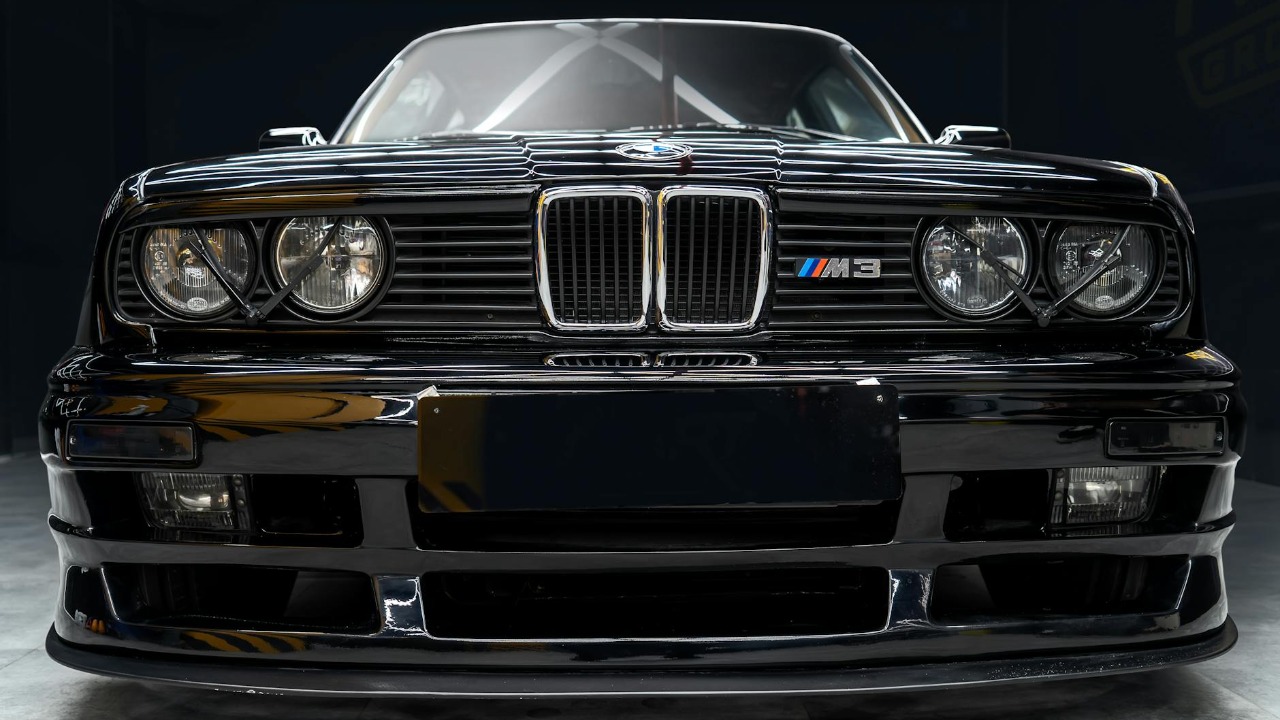
What Made Sports Sedans Special
Sports sedans are renowned for their unique performance attributes, which include a potent combination of power, agile handling, and everyday usability. The ability to transport a family while still delivering exhilarating performance is what set these vehicles apart. For instance, the Lexus IS F, with its 5.0-liter V8 engine, provided the thrills of a sports car without sacrificing practicality.
Design elements also played a crucial role in the appeal of sports sedans. Aerodynamic lines, aggressive stances, and luxurious interiors created a visual identity that resonated with enthusiasts. The classic lines of the Alfa Romeo Giulia Quadrifoglio and the sleek profile of the Cadillac CTS-V showcased how aesthetics could harmonize with performance, attracting a community that celebrated motorsport and driving culture.
The Current Market Landscape
Today, the automotive market is dominated by SUVs, which have become the go-to choice for many consumers. This SUV takeover has significantly impacted sports sedan sales, with manufacturers reallocating resources to develop larger, more versatile vehicles. Brands like Ford have shifted focus from performance sedans like the Taurus SHO to popular models such as the Ford Explorer, demonstrating the challenging landscape for traditional sedans.
The electric revolution is adding another layer of complexity to the performance sedan market. Manufacturers are exploring how electric powertrains can deliver thrilling performance, as seen in the Porsche Taycan and the Tesla Model S. These models are redefining what a sports sedan can be, blending instant torque with cutting-edge technology. However, the shift also raises questions about the future of traditional internal combustion engines and their place in a rapidly changing automotive world.
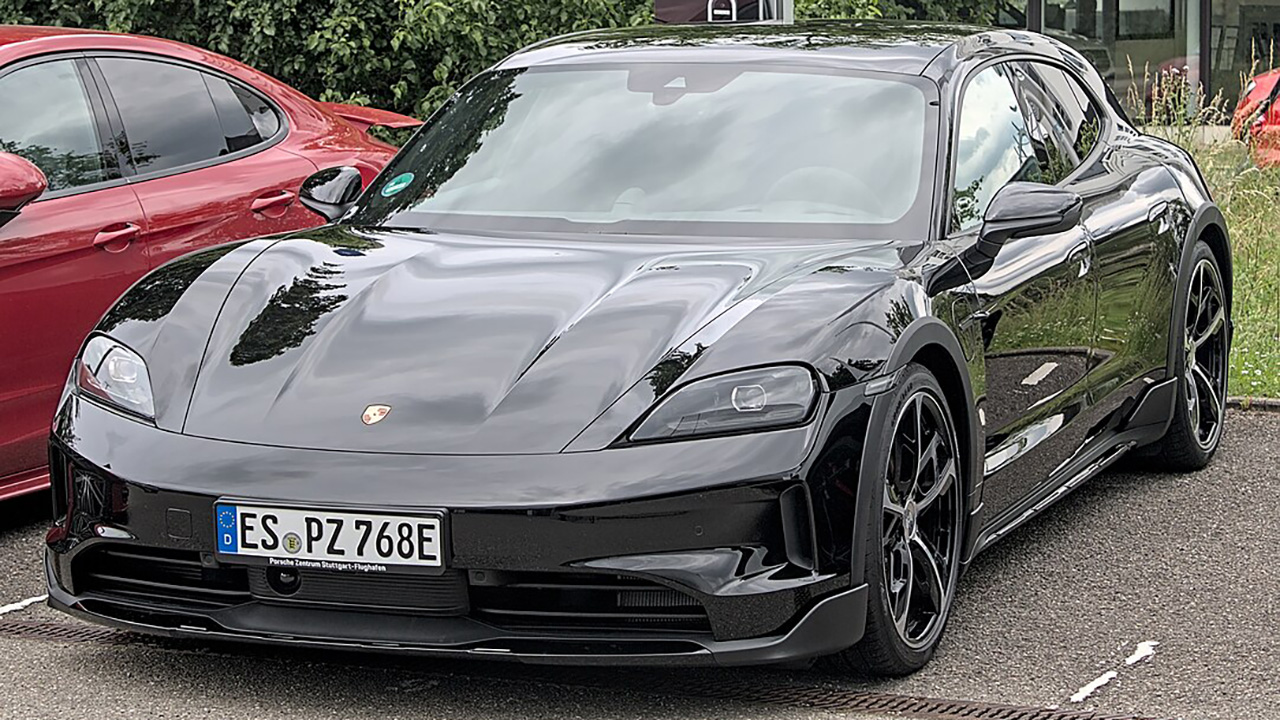
The Future of Sports Sedans
Despite the challenges, there is potential for revivals in the sports sedan segment. Brands like BMW and Mercedes-Benz are already hinting at the reintroduction of classic models, such as the next-generation M3 and AMG C-Class, which could cater to enthusiasts looking for a return to form. Additionally, niche manufacturers like Genesis are entering the fray with models like the G70, which aims to provide a compelling alternative in a crowded market.
Consumer demand for a true sports sedan remains, particularly among driving enthusiasts who value performance and connection to the road. As automotive technology advances, we may see innovations that enhance the sports sedan experience, such as advanced driver assistance systems and hybrid powertrains that deliver both efficiency and excitement. The future of sports sedans is uncertain, but there is a lingering hope that this beloved segment will find its way back, evolving with the times while retaining the essence that made it special in the first place.
More from Fast Lane Only:
- Unboxing the WWII Jeep in a Crate
- The Fastest Farm Truck Ever Built
- 10 Old Trucks That Were Built Like Tanks
- 12 Classic muscle cars still within reach for budget buyers
*Created with AI assistance and editor review.

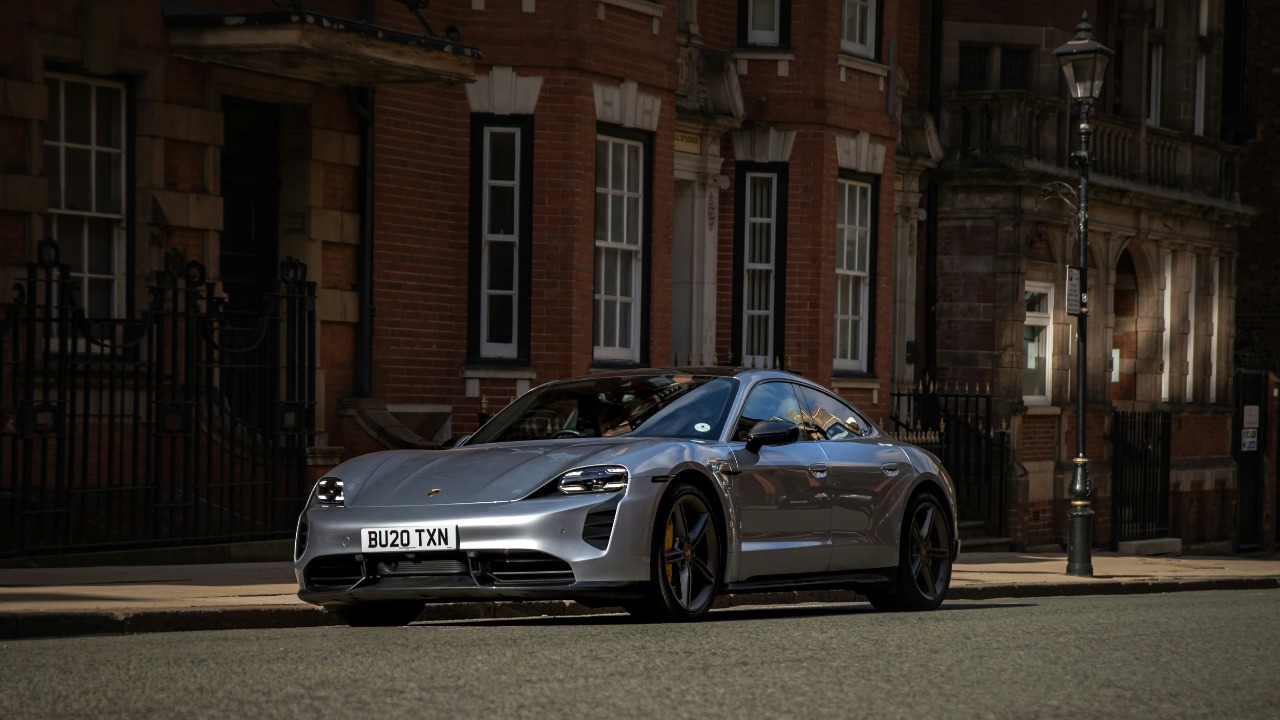
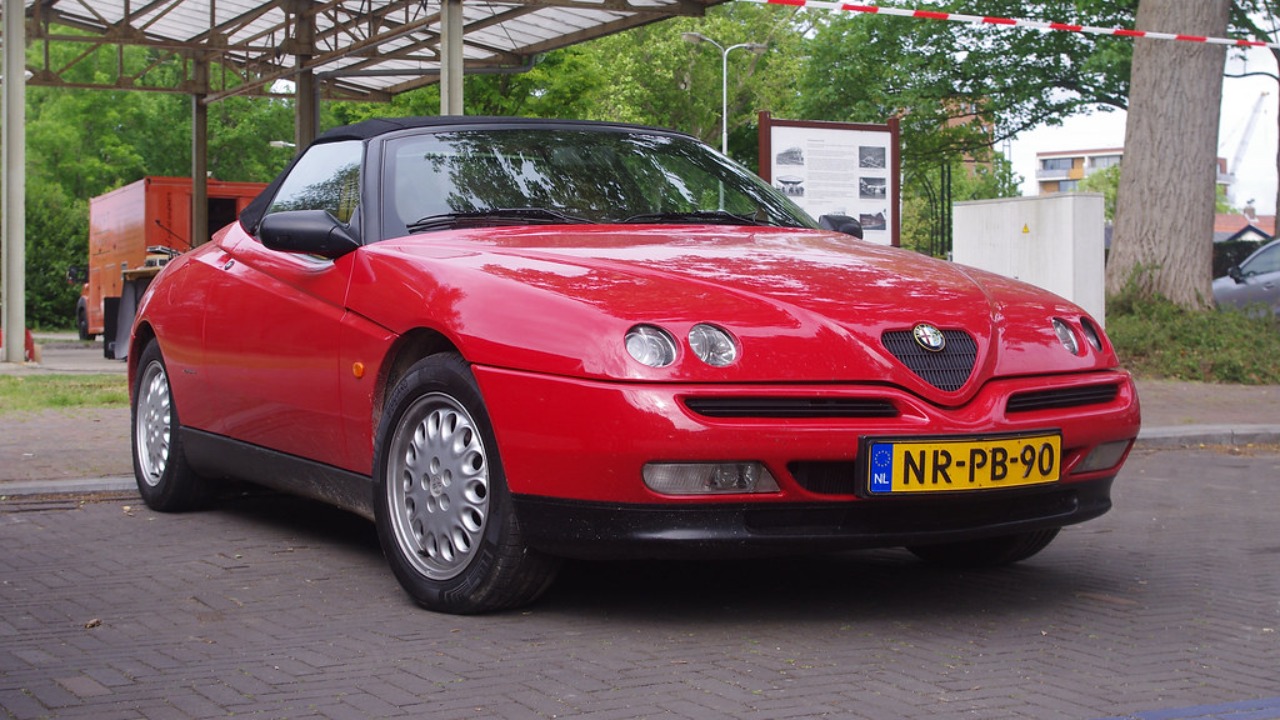
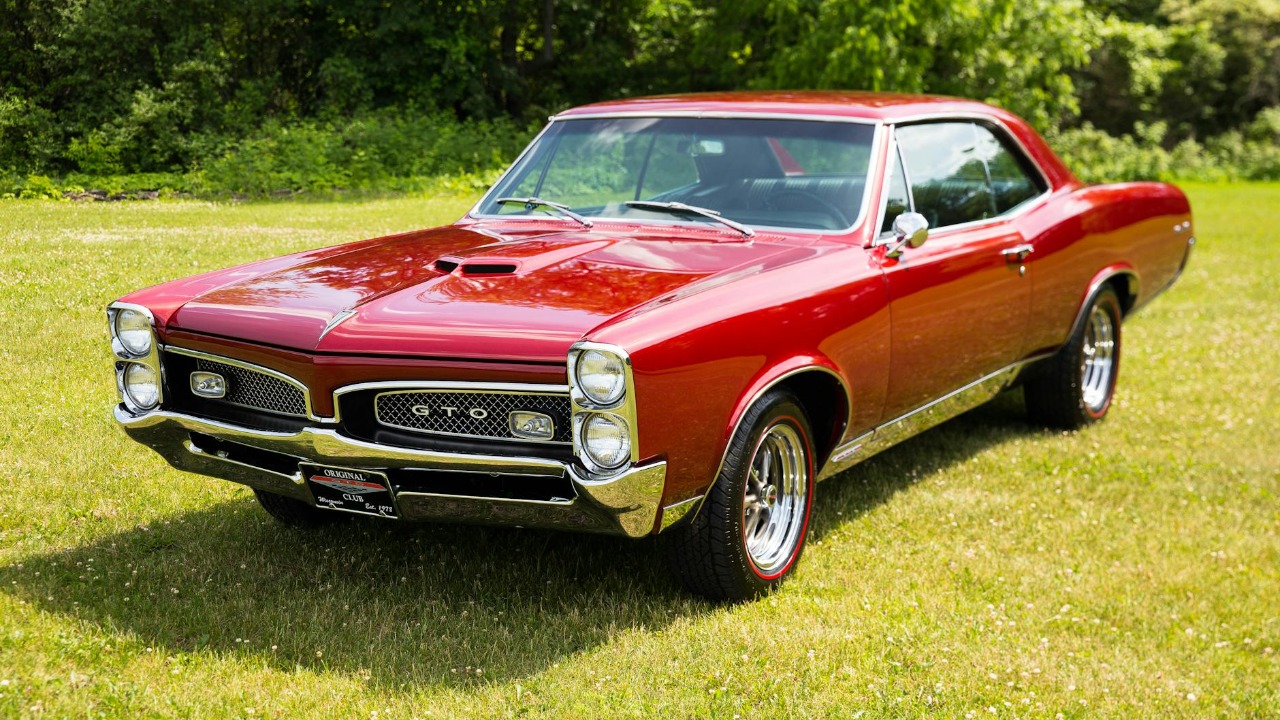
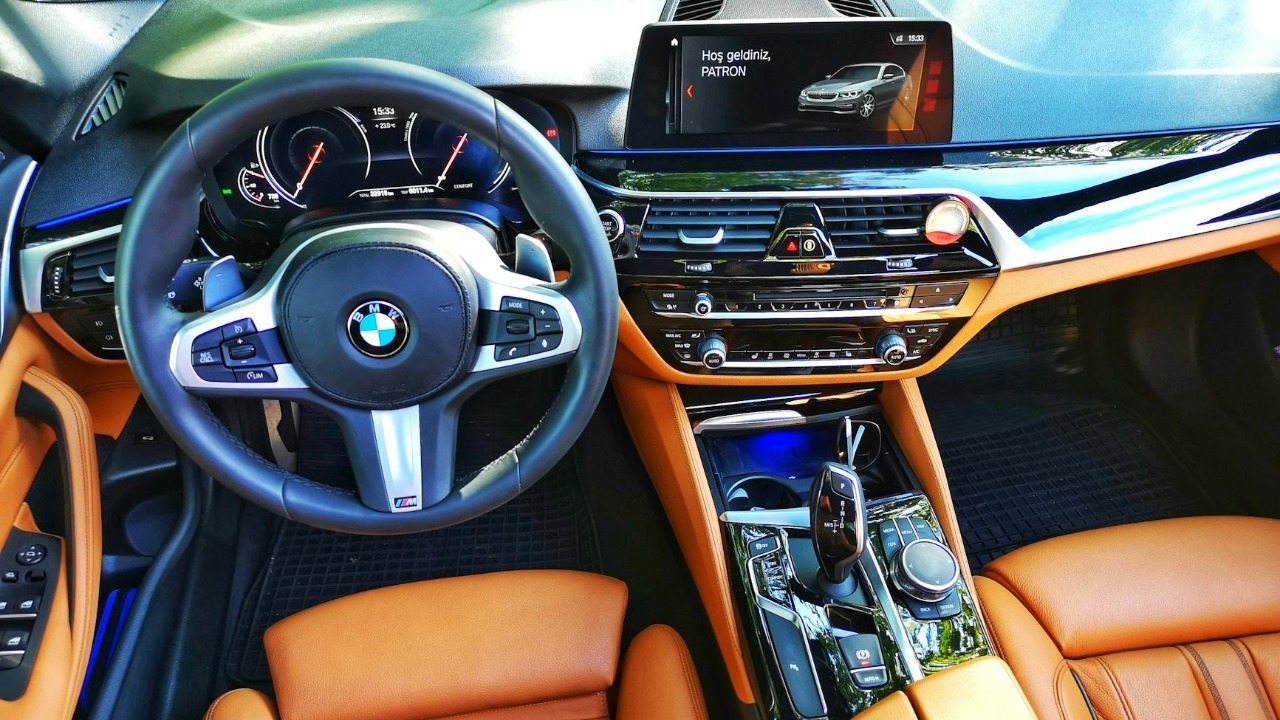
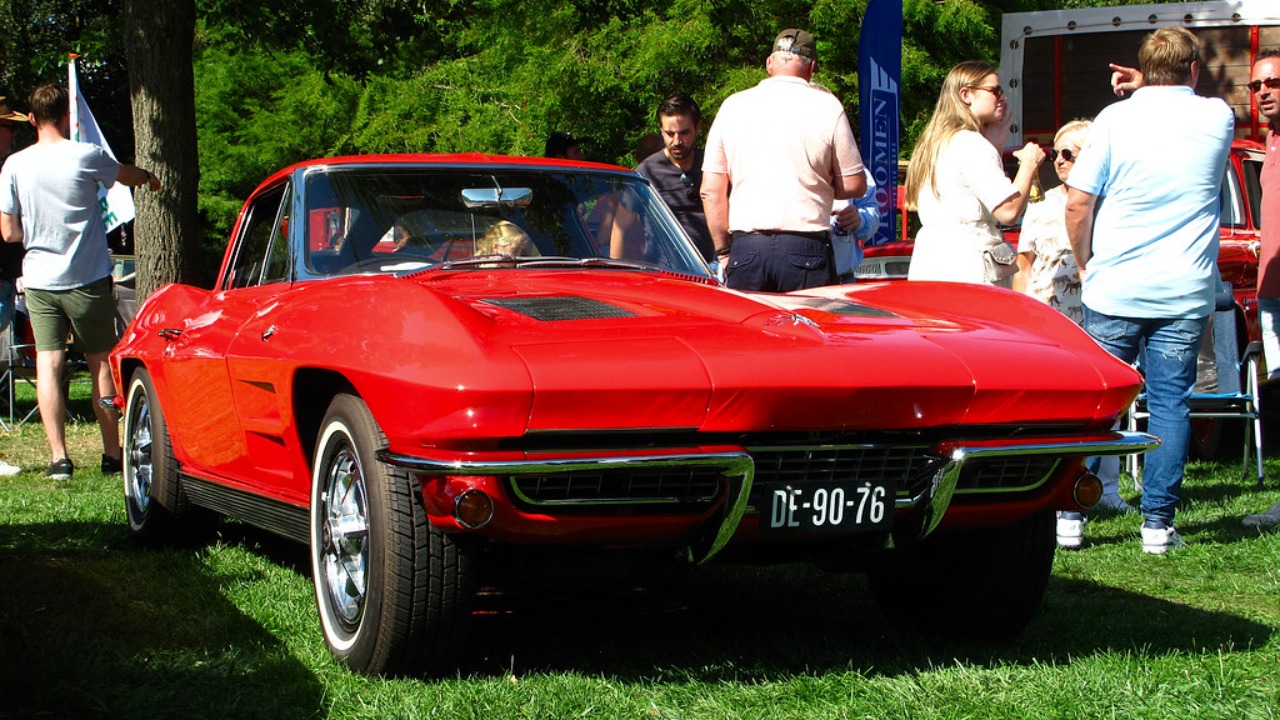
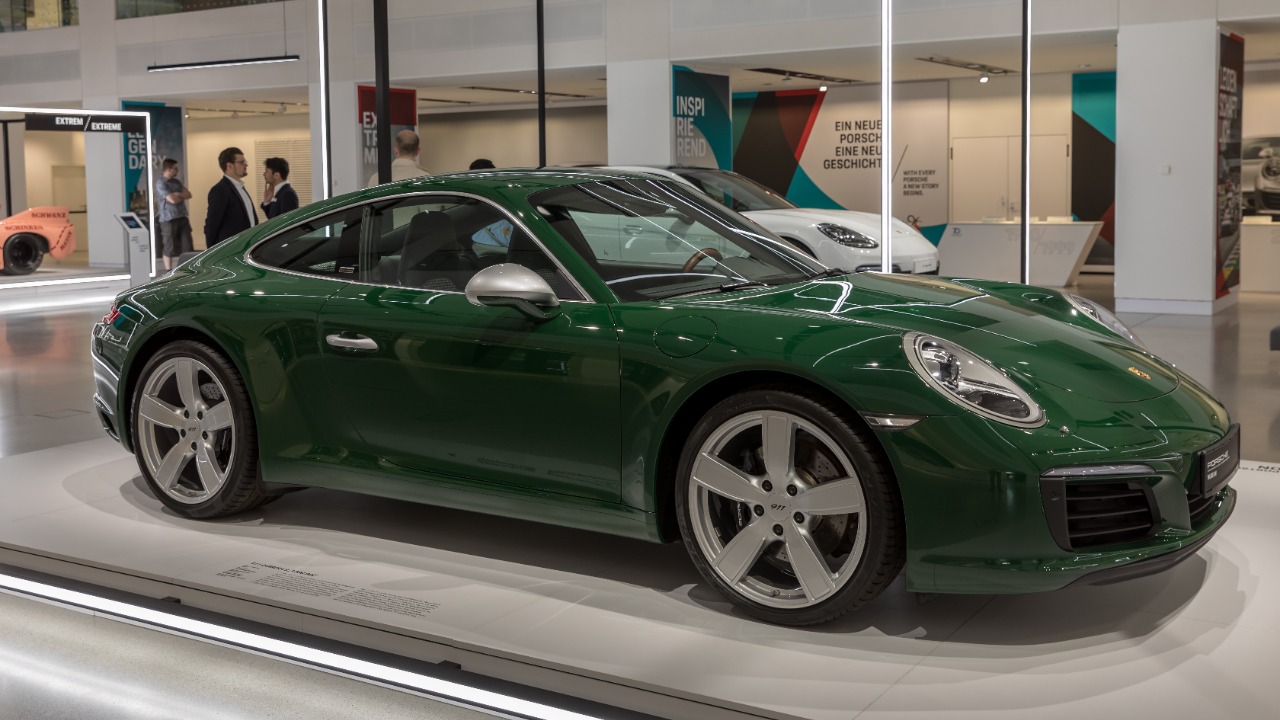
Leave a Reply